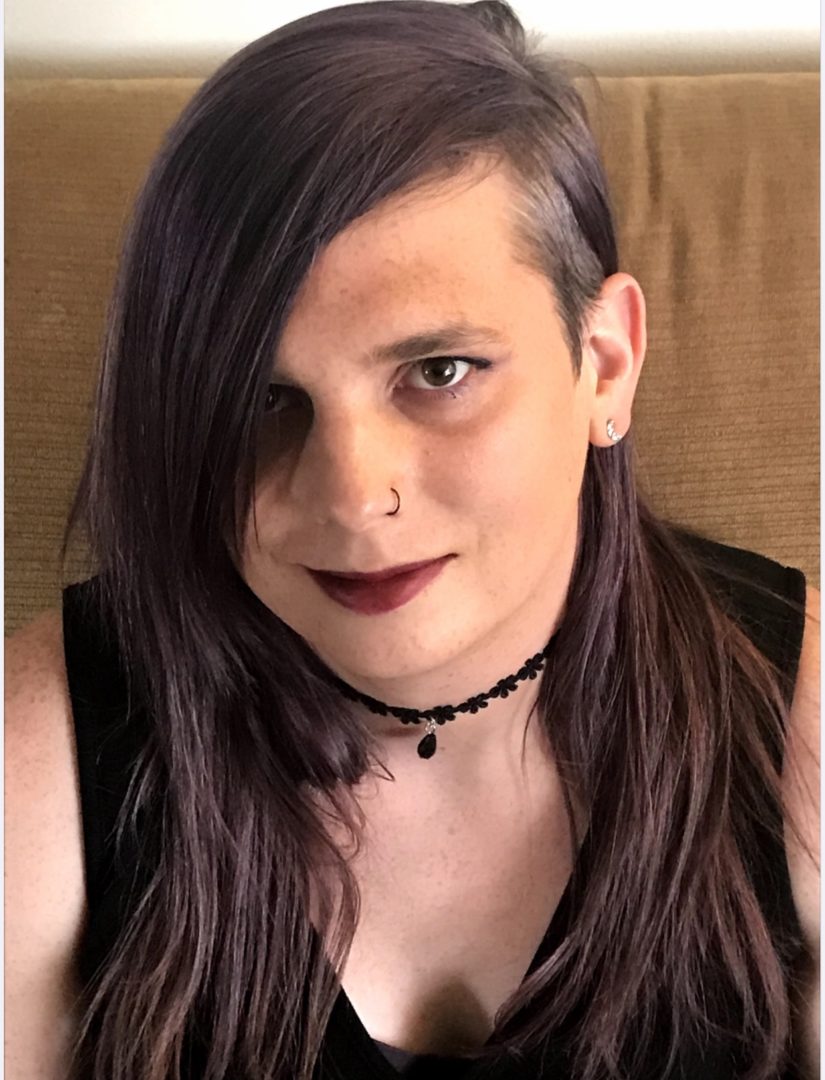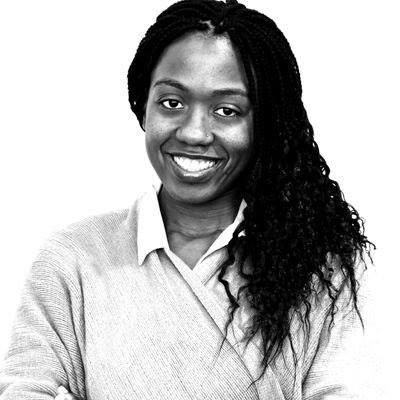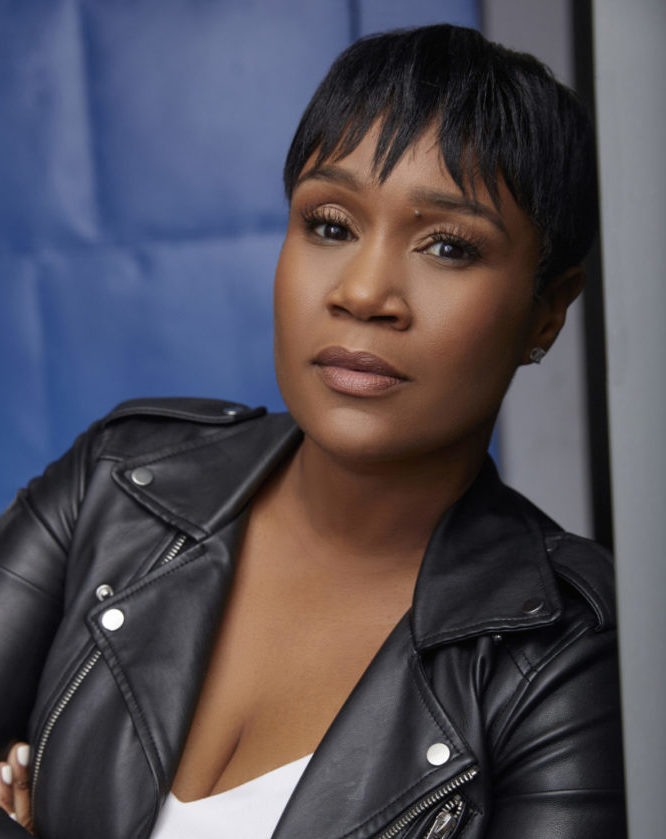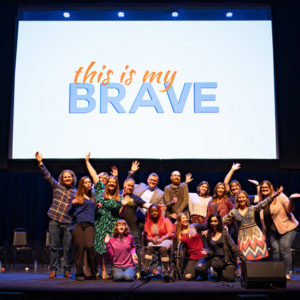Our interaction altered the way I perceived my own purpose and role in society. It was almost as if our conversation peeled away the layers that have so long covered the truth behind our world’s approach to mental health.
The boy told me his obstacles were sadness and emotional instability.
If those words, emerging from an eleven-year-old, do not shock you, I do not know of much else that can.
Before responding, I remember hesitating. I was simply at a loss for words. How would one approach a situation like this? I couldn’t just say “Don’t worry about that, you’ll get over it!” That would be unfair on my part, as it would mirror the very ideology our society has maintained for decades. I couldn’t give him an extremely reassuring response either, as our schedule did not permit time for such a lengthy, heart-to-heart conversation. So, I said what felt right in the moment. I did my best. I said I hoped he would feel better. Then, I got up and continued our presentation.
We smiled, we laughed, we clapped, we cheered. The event came to an end. We took photos, packed up, and left feeling fulfilled and inspired. There were many lessons and ideas I could take away from the event, but what lingered in my mind most was this young boy’s response.
His words churned in my brain for weeks, each time revealing a greater need for something to be done. I now realize what bothers me most is that a child as young as him would even consider sadness or emotional instability an obstacle to achieving his dreams. I believe that an individual’s emotions should not be the determining factor of whether their dreams become a reality or not, because I believe that it is humans’ responsibility to formulate an environment that supports, nurtures, and values emotions. It is humans’ responsibility to uplift and encourage. It is humans’ responsibility to help one another and be accepting of each other’s challenges. No person should feel as if they are limited because of their emotional struggles.
It is time for a change. We can no longer just brush over mental health and tell people to just see a therapist. While professional help may improve lives, it is much bigger than that. We need to change the way we view mental health as a society. We need to change the way we perceive people with mental health struggles. We need to change the way we deal with mental health issues.
Simply listen to these children’s worries, and you’ll conclude that the way in which we approach natural human occurrences, such as emotions and thoughts, is in need of immense alteration.
Anastasia developed a passion for mental health after seeing her friends and family struggle with anxiety and depression. Her observations and personal mental health struggles led her to speak at the Josh Anderson Foundation’s 2019 annual ball, where she shared a teen’s perspective on mental health, as well as her hopes of de-stigmatizing it. Currently, she serves as the Vice President of the Future Business Leaders of America club and co-president of Our Minds Matter, a mental health club, at her high school and is finding alternative ways to publicly speak about her passion. When Anastasia is not at school or interning for This Is My Brave, she is working on projects for her podcast, “Epic with a ‘K’”, exploring new places, cooking, reading, and exercising.


 About the Author:
About the Author:


